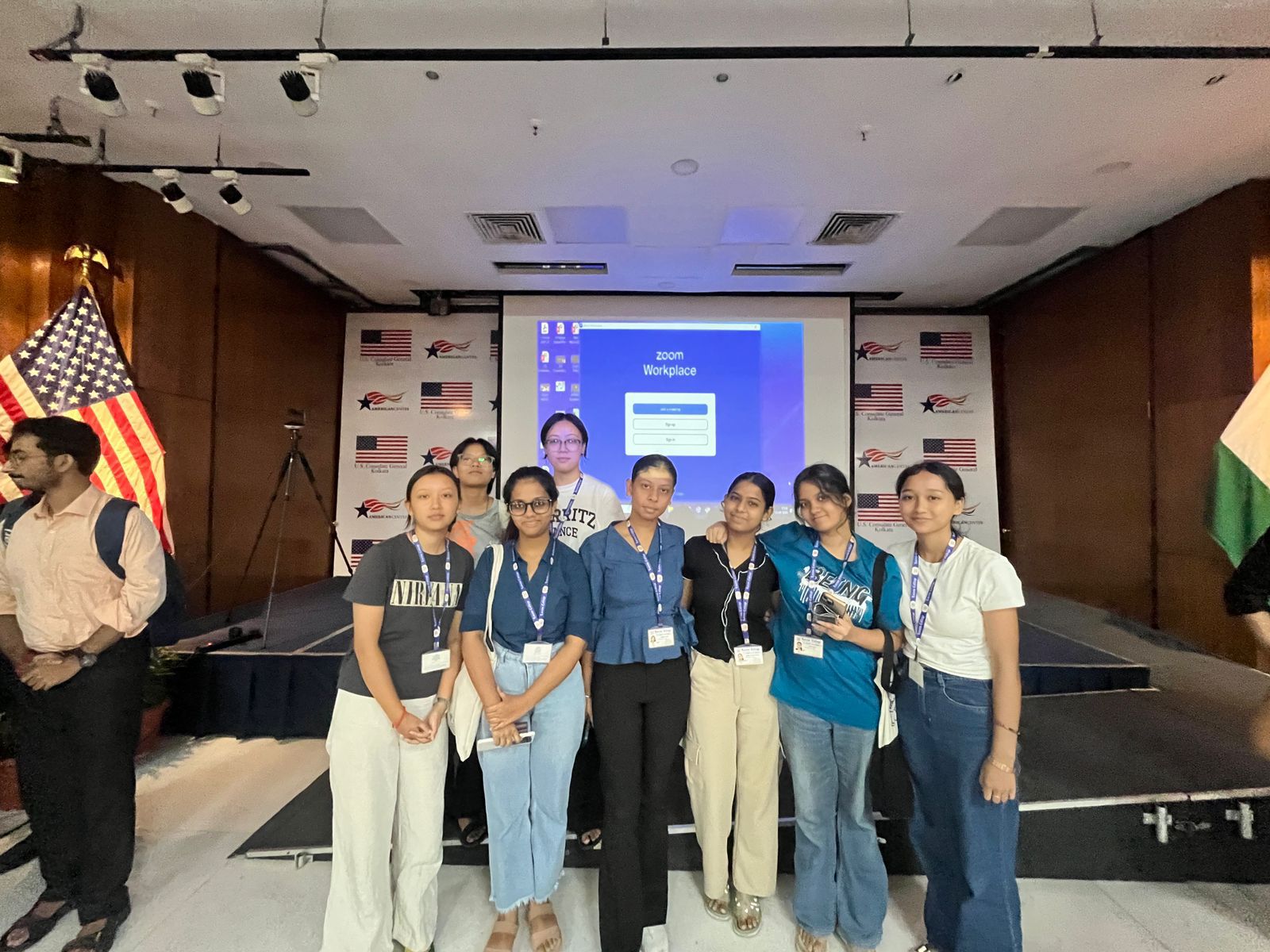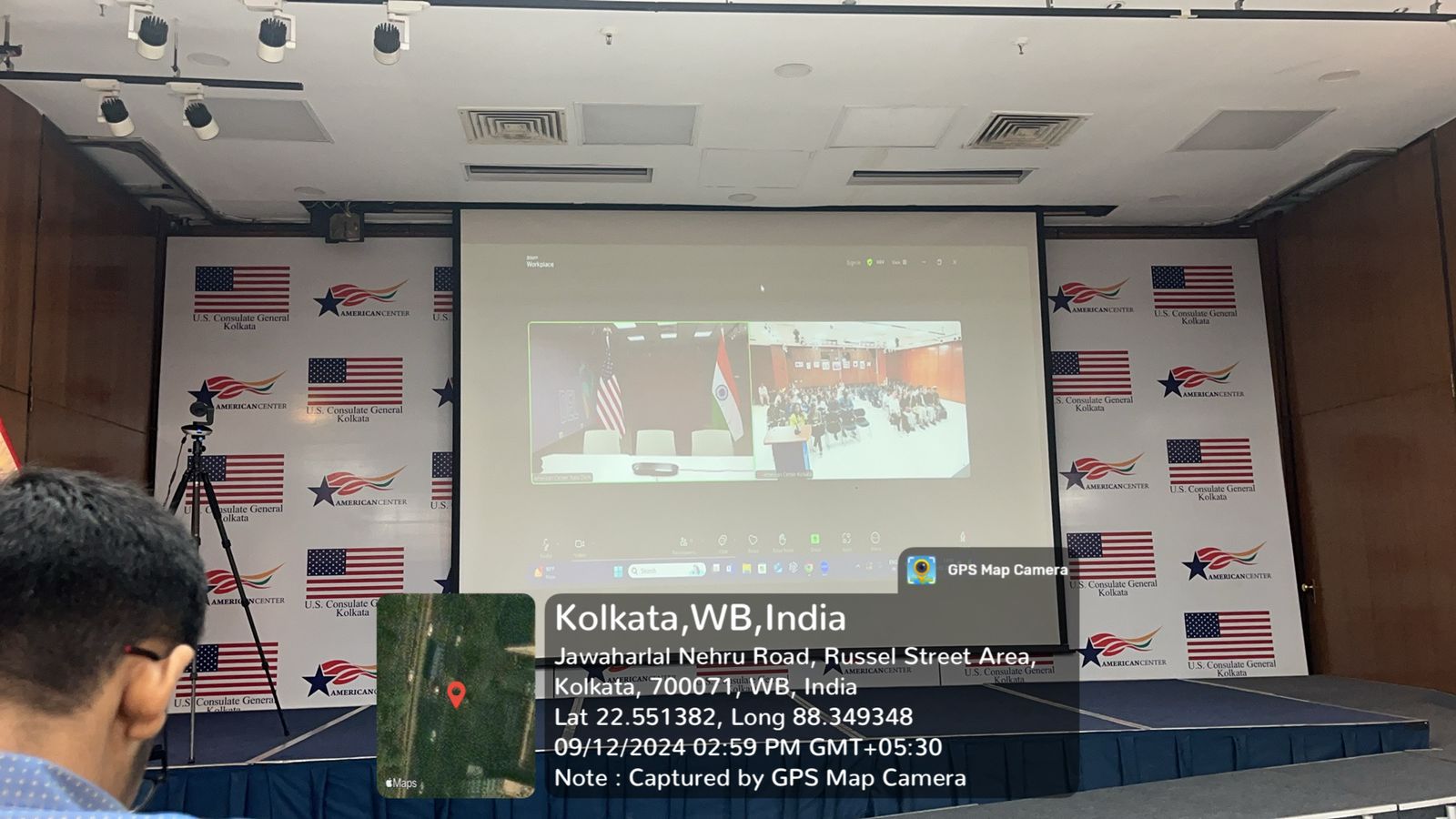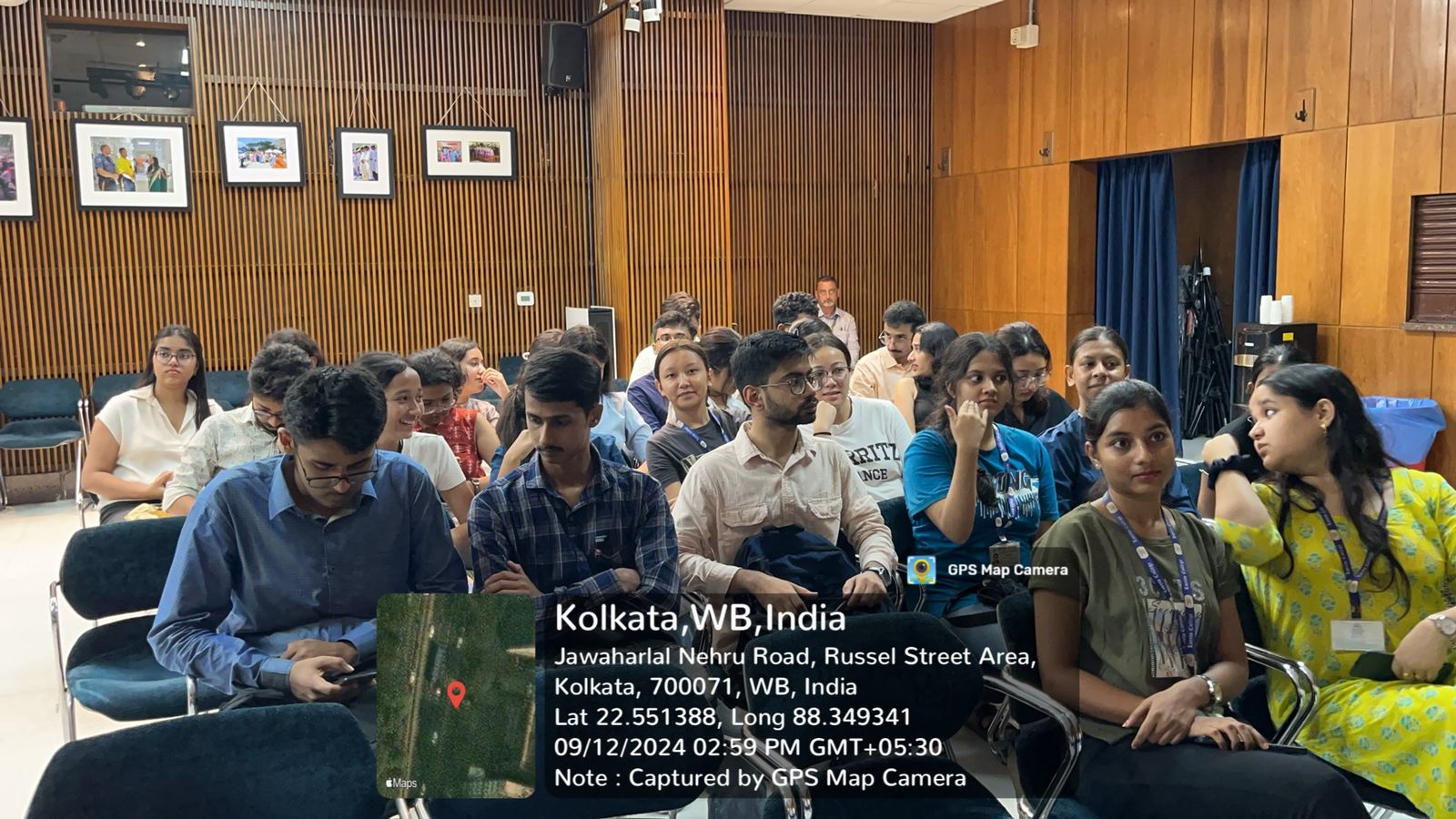Workshop on the Impact of AI on the 2024 U.S. Presidential Elections and Political Advertising
On September 12, 2024, the Department of Political Science at Loreto College, Kolkata attended a workshop titled The Good, the Bad, and the Unknown: AI’s Impact on the 2024 Presidential Elections and Political Advertising – Pros, Cons, and Future Expectations. The event was hosted at the American Center, with participation from several institutions, including Jadavpur University, St. Xavier’s College, and Presidency University.
The workshop was moderated by Dr. Simi Mehta, CEO of the Impact and Policy Research Institute (IMPRI), and featured discussions led by prominent U.S. election analysts, Alison Williams and Dasheika Ruffin. The primary focus of the session was on the influence of artificial intelligence (AI) in the context of the upcoming U.S. Presidential Elections in November 2024, particularly its role in political advertising and the spread of information.
The speakers emphasised the potential benefits and risks associated with AI. On the one hand, AI enables the rapid dissemination of information, fostering creativity and efficiency in election campaigns. On the other hand, the speakers expressed concern about the misuse of AI technologies to spread misinformation, disinformation, and malicious content, highlighting the challenges of accountability in the digital age. Both panelists acknowledged that while AI’s impact is inevitable, its regulation remains a critical issue.
The interactive session allowed students to pose questions, leading to a broader discussion on key issues such as data validity, privacy threats, the rise of deepfake videos, and the government’s role in managing these risks. Concerns were raised about the ethical responsibility of citizens, the accountability of political leaders, and the emergence of a post-truth era where misinformation becomes increasingly difficult to combat.
The panel also addressed the measures being taken to mitigate these challenges. These include the formation of Rapid Response Teams to counter fake content, restrictions on exposing children to certain AI applications, and the enactment of regulations like the Accountability Act and Algorithm Act, which aim to safeguard public trust and ensure transparency.
In conclusion, the workshop underscored that while technological advancements in AI offer many benefits, the ultimate responsibility for curbing the spread of harmful content lies with informed citizens. Ethical awareness and proactive participation in addressing AI-related challenges were highlighted as essential in shaping a safer, more accountable digital landscape.
The event provided valuable insights for the students, enriching their understanding of the intersection between AI and modern politics.




